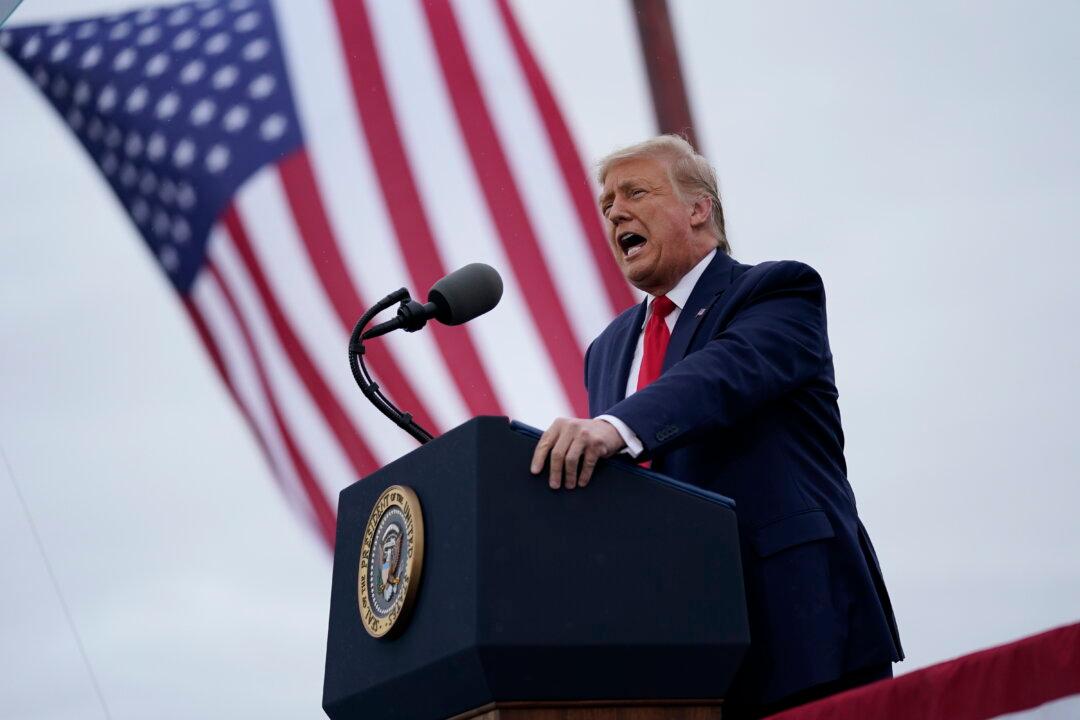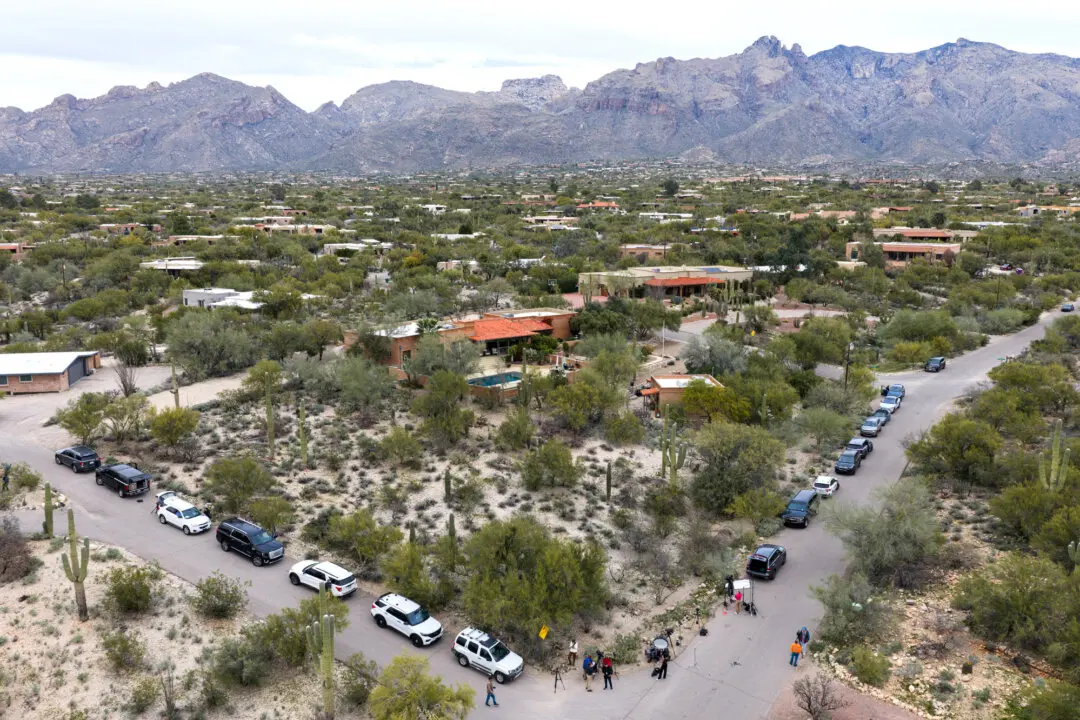President Donald Trump on Sept. 13 announced his signing of an executive order on drug pricing.
“Just signed a new Executive Order to LOWER DRUG PRICES! My Most Favored Nation order will ensure that our Country gets the same low price Big Pharma gives to other countries,” Trump wrote on Twitter. “The days of global freeriding at America’s expense are over, and prices are coming down FAST! Also just ended all rebates to middlemen, further reducing prices.”





